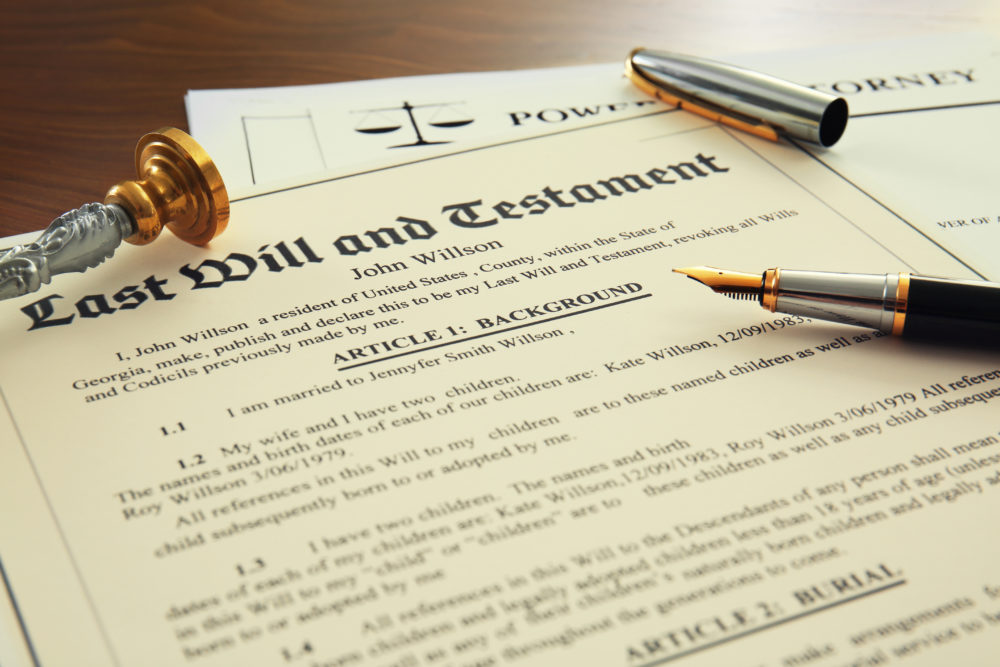
When it comes to estate planning, one of the most important things that a person can do is grant someone they trust power of attorney. A power of attorney allows an individual to grant another person (the “Agent”) the power to handle very important financial and transactional matters in the event that he or she cannot. This is very helpful, or at times necessary, in many situations, including if the individual becomes incapacitated or if he or she is out of the country and needs financial matters handled.
When creating the power of attorney, the individual can decide what they want the agent to have control over. In addition, they will be able to set the duration of this power. Some of the things a representative may be able to do on behalf of an individual with a power of attorney includes:
- Pay bills
- Buy or sell property
- Transfer assets into a trust
- File medical claims
- Obtain medical records
- Complete and file tax returns
- Make banking transactions including deposits and withdrawals
- Handle matters with Social Security and Medicaid
- Hire medical caretakers if health issues arise
If you are considering appointing such great power to another individual, make sure that this is an individual that you can fully trust. There are often tragic situations in which individuals thought they could trust another individual with their estate and that person used funds inappropriately. You may also consider appointing a fiduciary through a bank’s trust department or other entity, particularly if you do not have a suitable individual to take on this task. It is important to discuss your legal needs regarding power of attorney with an experienced estate planning and administration attorney who can advise you accordingly.
If you require strong legal representation from an experienced New Jersey wills, trusts, and estates attorney, contact Margaret M. Mahon, Esq. LLC today to schedule a consultation.